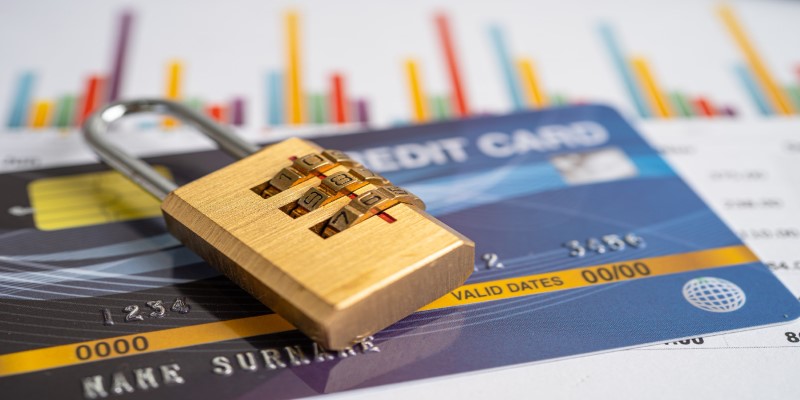For many individuals, achieving financial independence, which is defined as having sufficient savings, investments, and cash on hand to support the desired standard of living for oneself and one's family, is an essential aim. It also means building a savings cushion that will enable you to retire comfortably or follow any line of work you choose without being constrained by the need to earn a particular amount of money every year.
Sadly, far too many individuals never achieve the financial independence they want. Even if they never have to deal with any unexpected expenses, the ever-increasing debt they have racked up due to their excessive spending is a persistent weight that prevents them from achieving their objectives. When a severe catastrophe, such as a storm, an earthquake, or a pandemic, totally interrupts all planning, more breaches in safety nets are exposed. So, what are the tips for paying off debt fast?
Set Life Goals
To what extent do you feel you have financial freedom? Everyone has a widespread yearning for it, yet that cannot suffice as an objective. You will need to be very explicit with the sums and the timelines. Your chances of attaining your objectives increase proportionately to the specificity with which you express them. Put in writing these three goals for the project:
- What your way of life asks of you
- How much money should be in your bank account for you to be able to do that?
- When must you reach what age to have reached that level of savings?
After that, begin counting backward from the age at which the deadline applies to your present age, and then set financial mileposts at regular intervals between the two dates. Put the target sheet at the front of your financial binder and ensure all the amounts and due dates are written down.

Make a Monthly Budget
Creating and committing to a monthly household budget is the most effective strategy to ensure all bills are paid, and savings goals are met. In addition to this, maintaining a consistent routine is an excellent way to remind yourself of your objectives and strengthen your will to avoid giving in to temptation.
Pay off Credit Cards in Full
The use of credit cards and other types of high-interest consumer loans is detrimental to the process of wealth accumulation. Always clear the whole debt at the end of each billing cycle. Because of the normally significantly lower interest rates, paying off student debts, mortgages, and other loans of a similar kind is not an immediate need. Nonetheless, making on-time payments for these loans with reduced interest rates is still essential, which will help develop a positive credit rating.
Create Automatic Savings
Put your own needs first. You should sign up for the retirement plan offered by your company and take advantage of any matching contribution benefits since they effectively amount to money given to you for free. It is also good idea to have automatic withdrawal into emergency fund, which can be used for unanticipated needs, and an automatic contribution into a brokerage account or something similar. Both of these features should be set up automatically.
In a perfect world, the money for your retirement and emergency funds would be deducted from your checking account on the same day you received your paycheck so that it would never come into contact with your hands.
Start Investing Now
Many may question the sense of putting their money in the stock market while it is experiencing a bear market; nonetheless, investment has traditionally been the best strategy to increase one's money over time. Your money will increase exponentially due to the power of compound interest; nevertheless, you will need a significant amount of time to achieve considerable growth.
Watch Your Credit Score
Whether purchasing a new vehicle or refinancing a house, the interest rate that is provided to you is largely dependent on your credit score. This makes your credit score a highly essential figure. It also affects the rates you pay for various other necessities, such as your auto and life insurance.
Credit scores have so much weight because it is generally accepted that a person who engages in risky financial behaviors is also prone to engage in risky behaviors in other aspects of their lives, such as not taking care of their health or even driving after drinking.





